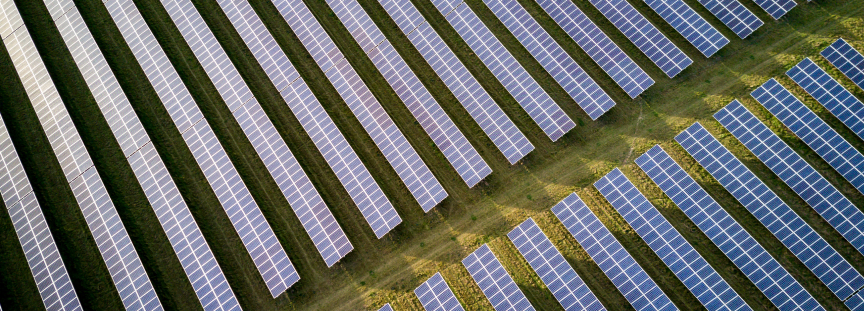Energy and Infrastructure
UK:
While 2023 has undeniably been a slow year across the board, the outlook for 2024 appears promising. Despite the challenges, the UK market has consistently demonstrated a steady growth trajectory, driven by supportive government policies, technological advancements, and growing investor interest.
Although internal growth and hiring plans may have slowed in the past two years, there have been numerous unprecedented redundancies, particularly in the aftermath of the tense and uncertain period following the war in the investment space. However, despite the surplus of skilled and knowledgeable individuals actively seeking opportunities, 2024 has commenced on a positive note, hinting at a potentially fruitful year ahead.
Offshore wind remains a focal point, with substantial investment and capacity expansion projects underway. Solar energy is also gaining ground, particularly in residential and commercial sectors, while advancements in energy storage technology are bolstering grid stability and flexibility, positioning the UK as an advanced market in this regard. Despite challenges such as grid integration and regulatory uncertainties, the market offers promising opportunities for further development and investment. As the country endeavours to achieve its ambitious clean energy targets and decarbonization goals, the renewable energy sector is primed for sustained growth and innovation in the years ahead.

EU:
The slow and uncertain conditions experienced during 22-23 have posed significant challenges for developers and IPPs across Europe. The war has cast widespread doubt, leading to heightened risk perceptions among investors and subsequently delaying many investment decisions. Nevertheless, amidst these challenges, the European Green Deal has set ambitious targets, fostering significant momentum in renewable energy deployment and investment within the region.
Solar and wind energy remain dominant in the market, experiencing steady growth in both large-scale utility projects and decentralized generation initiatives. However, the hiring landscape has become fiercely competitive, with notable disparities in compensation levels across different regions. Conversely, there is a noticeable decline in interest among professionals focusing solely on onshore wind development due to market saturation, particularly evident in countries like France, Germany, and Italy. The rising number of SMEs aiming to expand their operations into new territories is impacted by those challenges.
Financial institutions are increasingly responsive to the imperative of energy transition, with a substantial pool of capital available for deployment following a sluggish period. This has proven attractive for renewable energy professional, as it offers some stability amidst the chaos, and on the other hand, their expertise has become invaluable to those institutions in navigating the complex landscape of renewable energy investment. Emerging technologies like battery storage, biomass, and hydrogen are gaining traction, yet offering relatively fewer opportunities compared to other segments.
Despite persistent challenges such as grid integration and permitting processes, the EU renewable energy market remains ripe with opportunities for investors, developers, and technology providers alike. Continued collaboration among EU member states and stakeholders will be pivotal in unlocking the full potential of renewable energy and realizing the region's climate and energy objectives moving forward.




